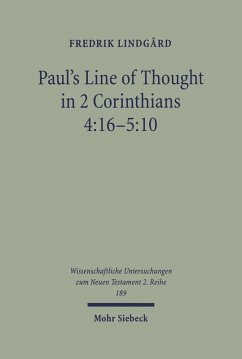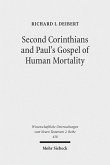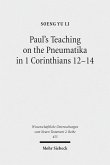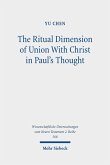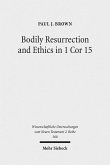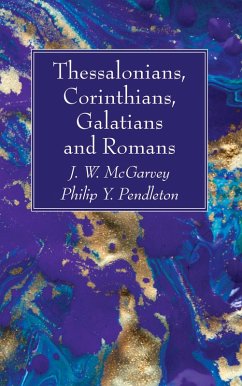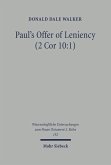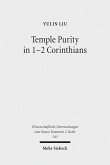Fredrik Lindgård analyzes verses 4:16-5:10 in 2 Corinthians, verses which have often been used to argue that Paul's eschatology developed over time or to ascertain whether or not Paul is an anthropological dualist. Paul's concern is how the Corinthians see him. His aim is to show them that he is frank and 'open' to them and that his attitude to adversities confirms that he is a real apostle. He reveals his thoughts and emotions when facing suffering. The author shows that the section and its context do not support the view that Paul changed or developed his eschatology. Instead, the text displays the unsystematic character of Paul's eschatology. Concepts which Paul normally uses separately occur side by side without elaboration. Although Paul uses both dualistic and holistic language, the dominating feature is dualism. The analysis shows that a wide rhetorical approach can be useful when trying to understand Paul. Born 1964; 1990 Master of Theology; 2006 Doctor of Theology; Pastor in the Lutheran Church of Finland.
Dieser Download kann aus rechtlichen Gründen nur mit Rechnungsadresse in A, B, BG, CY, CZ, D, DK, EW, E, FIN, F, GR, HR, H, IRL, I, LT, L, LR, M, NL, PL, P, R, S, SLO, SK ausgeliefert werden.

